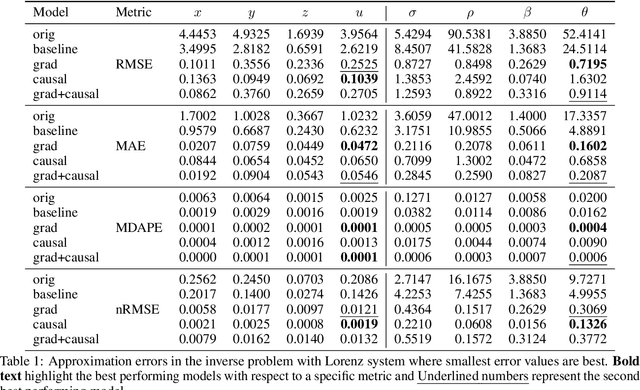Branislava Lalić
Adapting Physics-Informed Neural Networks To Optimize ODEs in Mosquito Population Dynamics
Jun 07, 2024



Abstract:Physics informed neural networks have been gaining popularity due to their unique ability to incorporate physics laws into data-driven models, ensuring that the predictions are not only consistent with empirical data but also align with domain-specific knowledge in the form of physics equations. The integration of physics principles enables the method to require less data while maintaining the robustness of deep learning in modeling complex dynamical systems. However, current PINN frameworks are not sufficiently mature for real-world ODE systems, especially those with extreme multi-scale behavior such as mosquito population dynamical modelling. In this research, we propose a PINN framework with several improvements for forward and inverse problems for ODE systems with a case study application in modelling the dynamics of mosquito populations. The framework tackles the gradient imbalance and stiff problems posed by mosquito ordinary differential equations. The method offers a simple but effective way to resolve the time causality issue in PINNs by gradually expanding the training time domain until it covers entire domain of interest. As part of a robust evaluation, we conduct experiments using simulated data to evaluate the effectiveness of the approach. Preliminary results indicate that physics-informed machine learning holds significant potential for advancing the study of ecological systems.
 Add to Chrome
Add to Chrome Add to Firefox
Add to Firefox Add to Edge
Add to Edge